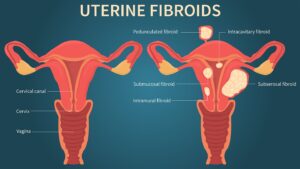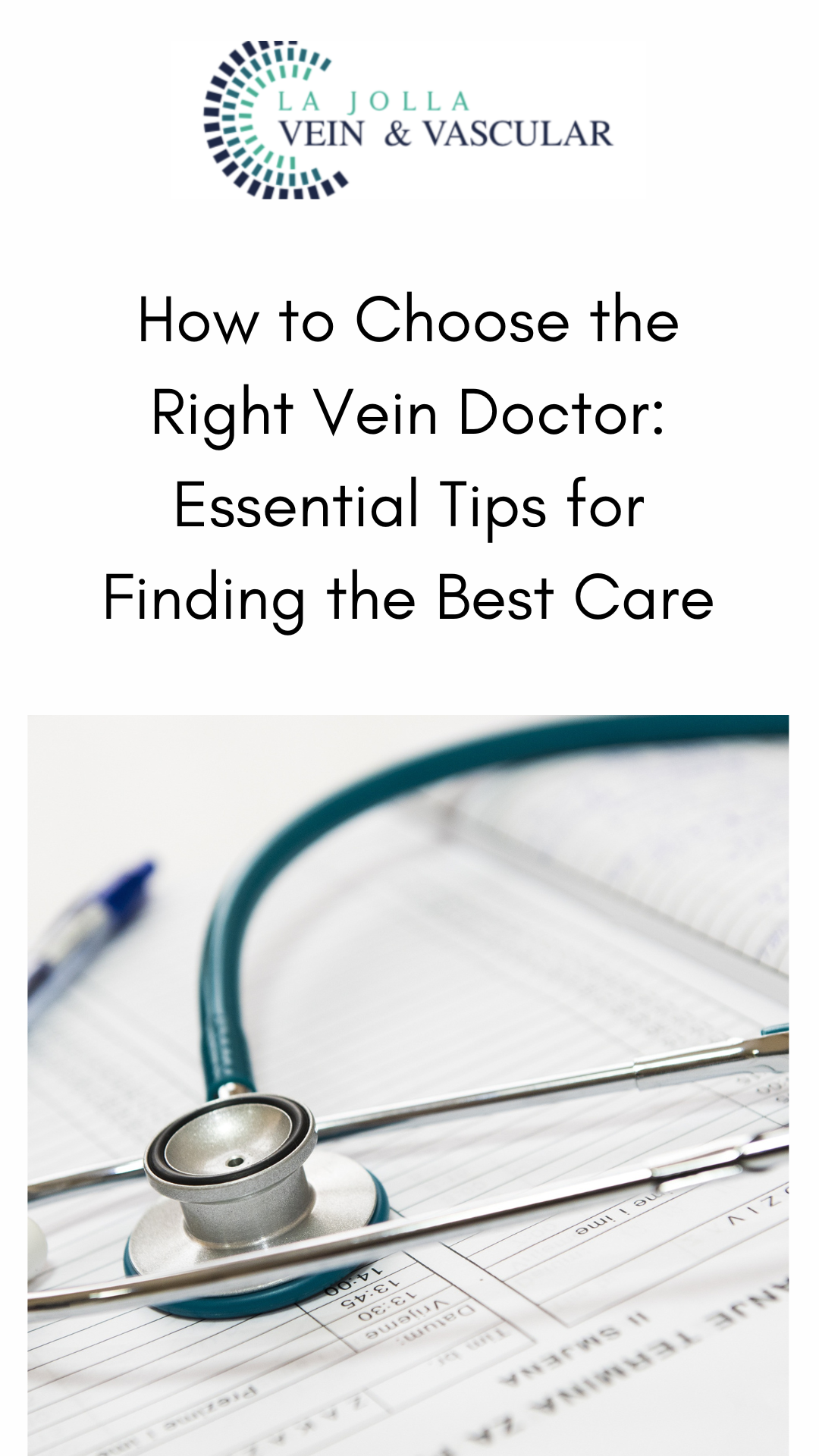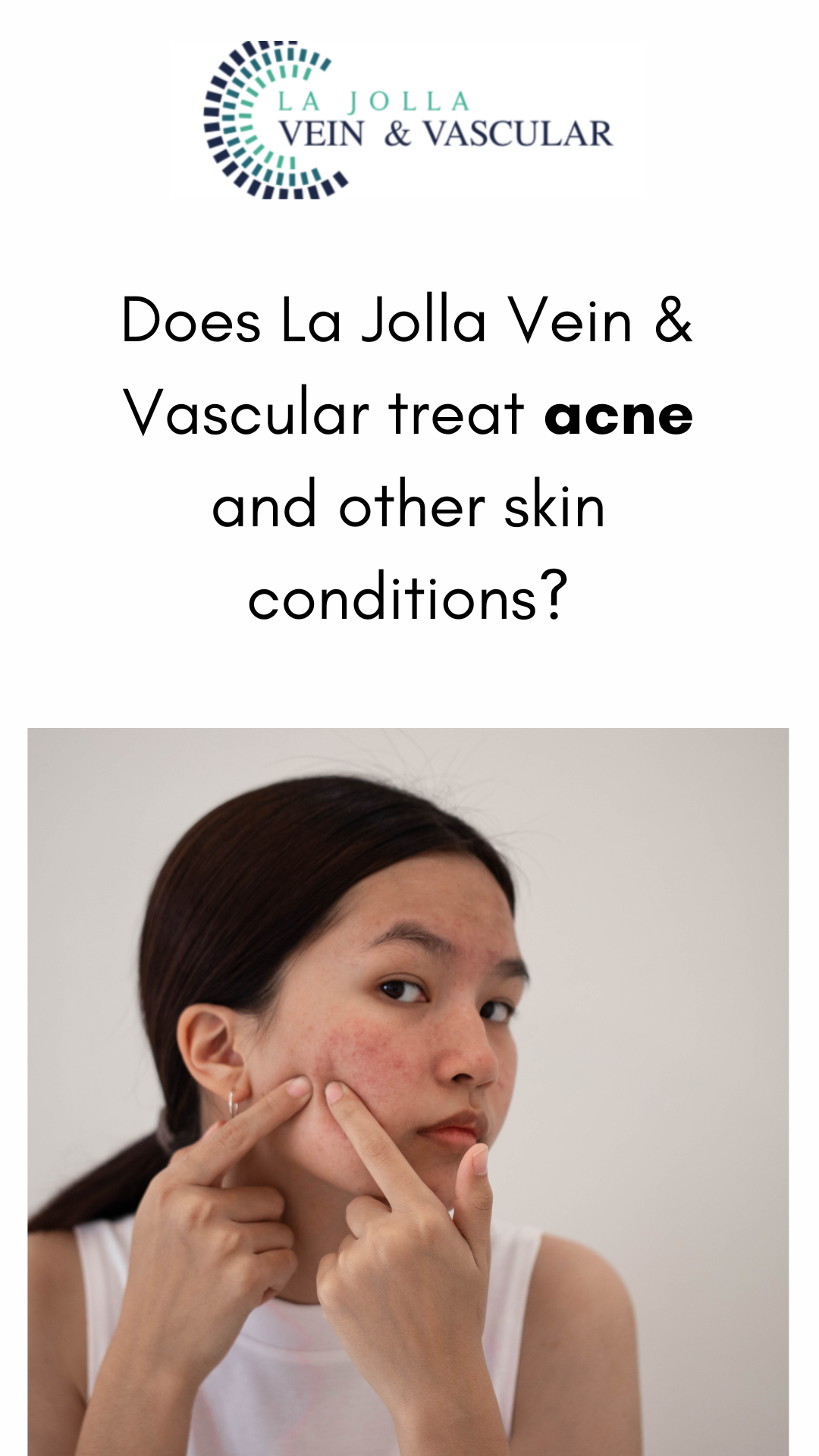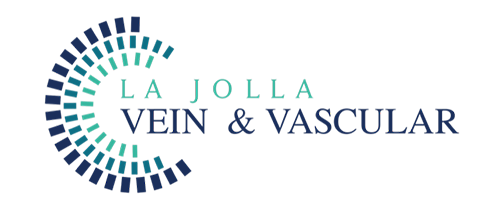What are Uterine Fibroids?

Millions of women around the world are affected by the development of uterine fibroids each year. While it is not a life-threatening condition in itself, the symptoms and potential complications that come with it make it such a pressing medical concern for affected individuals.

As only women will usually possess a uterus, it follows that only women are afflicted by this ailment, which is why gynecologists will often be the first ones to make a definite diagnosis. As with so many medical emergencies, knowing the problem early will greatly increase the chances of beating it, which is why the professionals at La Jolla Vein & Vascular are dedicated to administering reliable, accurate, and entirely effective diagnostics, therapies, and treatments to all clients coming through our doors.
Let’s take a closer look at what exactly we will be dealing with should uterine fibroids turn out to be the issue at hand.
What are uterine fibroids?
To understand what uterine fibroids are, the first thing one should do is separate the two terms making up the condition. A fibroid is a term to refer to a type of tumor that has ‘muscular’ characteristics. They are also referred to as a leiomyoma and can appear singularly or in formations or in lumps.
They are known as uterine fibroids since they will appear in the patient’s uterus. Although they are not cancerous in almost all instances, they will range in size from patient to patient, from as small as an apple seed to as large as a grapefruit and beyond, in some unusual instances.
It is important for all women to be aware of the dangers presented by uterine fibroids, not only owing to the potential harm that the condition might bring about but due to the high rate of prevalence among the female population affected in some way. By the time they are 50 years old, it is estimated between 20 to 80 percent of women will have developed uterine fibroids, with most cases affecting the 40’s to early 50’s.
Symptoms to look out for:
Fibroids go undiscovered in most patients due to the lack of symptoms accompanying them, but some patients will experience some symptoms, including:
- Frequent urination due to pressure being exerted on the patient’s bladder
- Lower back pain
- Pain during sexual intercourse
- Enlargement of the lower abdomen, with severe and extremely rare instances causing the appearance of apparent pregnancy in the patient where none exists
- Heavy bleeding and/or painful bleeding during periods sometimes resulting in a medically significant depletion of blood in the patient (anemia)
- Greatly increased risks of complication during pregnancy and delivery, with uterine fibroid patients requiring cesarean sections at six times the average rate.
- Reproductive health problems such as infertility are very rare outcomes.
For more information on vein and vascular treatment please visit our YouTube Channel.





